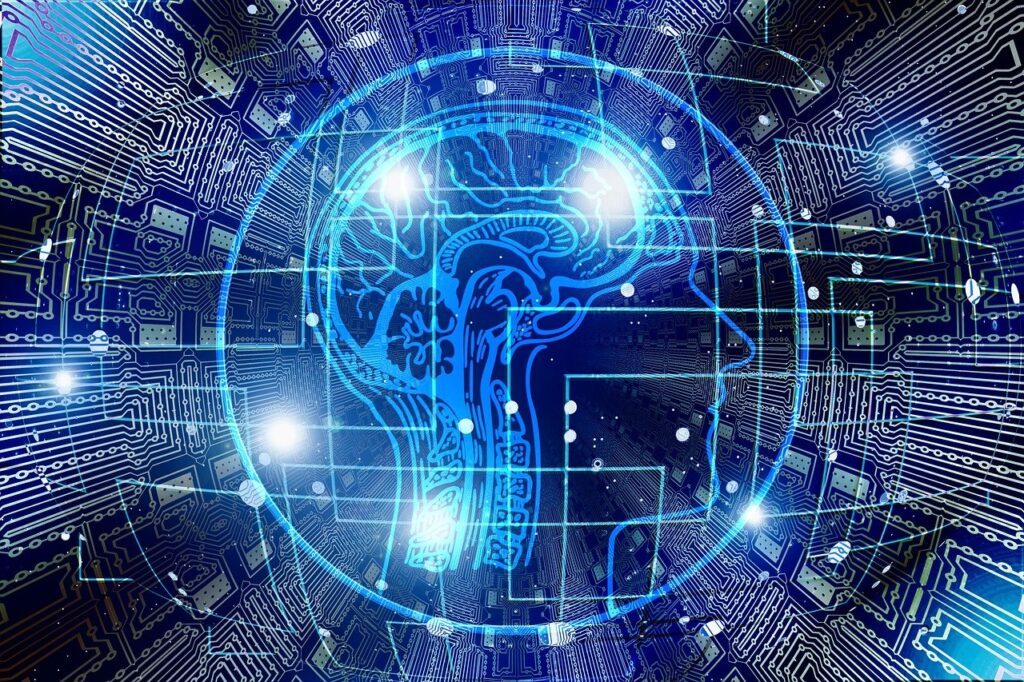Artificial intelligence tools have exploded in popularity in recent years, offering amazing new capabilities for generating content, enhancing creativity, and automating tasks. However, the incredible power of AI also comes with risks and ethical challenges that require mindful navigation. As we integrate these game-changing technologies into our lives, it’s crucial that we establish some ground rules on how to use them responsibly.
First and foremost, do not use AI tools to directly harm others or yourself. It may be tempting to utilize the latest AI to spread misinformation, cyberbully others, steal identities, or hack systems. Some may see it as a harmless prank or trivial offense. But in reality, using emerging technologies irresponsibly can enable serious crimes and abuse at unprecedented scale and speed. The consequences inflicted on others can be severe and long-lasting. And you may also face serious legal repercussions for violating laws and platform policies. So steer clear of misusing AI, no matter how easy or anonymous it may seem.
Similarly, do not use AI tools to plagiarize or cheat. The advanced generative capabilities of systems like ChatGPT make it effortless to produce reams of human-like content on demand. For questions such as “can i use Midjourney commercially?” have been asked by many people. But passing off AI-generated text as your own original work is unethical, violates copyrights, and constitutes academic dishonesty. Even if you avoid detection, plagiarism ultimately undermines your own learning. And if caught, you may face serious academic censure or even expulsion. So don’t take shortcuts that will compromise your and others’ integrity just because the technology makes it easy.
At the same time, be cautious about over-relying on AI to replace human interaction and creativity. AI chatbots seem adept at replacing human communication via customer service chats and personalized texts. But prioritizing bot-generated responses over authentic human-to-human engagement can degrade the richness of our relationships and lead to isolation. And utilizing AI to generate artwork, music, and stories risks losing the hard-won satisfaction of expressing your own creativity through practice and skill-building. The human touch still matters – don’t let AI completely substitute for it.

Rather, focus on using AI responsibly – to learn, grow, connect, and create. Take advantage of AI’s unparalleled scale and personalization to master new skills, expand your knowledge, and gain fresh inspiration. Join online communities centered around your interests and collaborate on projects and causes with shared passions. Experiment with AI prompts to discover new styles and formats of content and art that you may not have encountered otherwise. When applied with care, AI can enhance our understanding, empathy, and imagination.
Of course, putting responsible AI use into practice requires vigilance. Reflect carefully on how and when you integrate these rapidly evolving technologies into different areas of life. Establish personal guidelines aligned with your values. Share concerns and best practices with others. And continue to monitor AI systems for potential misuse as they grow more advanced. Handled carefully, AI can profoundly augment our abilities. But we must remain thoughtfully engaged and ethically minded users. By taking conscientious ownership of how we apply these tools, we can help write the next uplifting chapter in the human-AI story.

